Education/Administration Coordinator
Passionate about marine conservation and education?
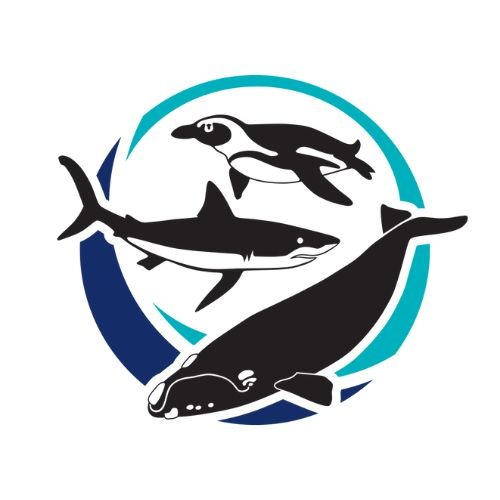 Dyer Island Conservation Trust
Dyer Island Conservation Trust
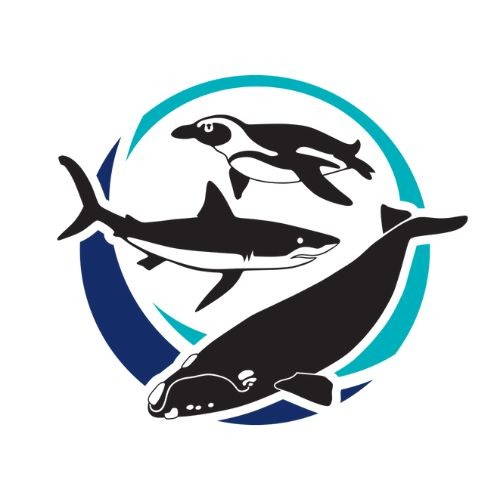
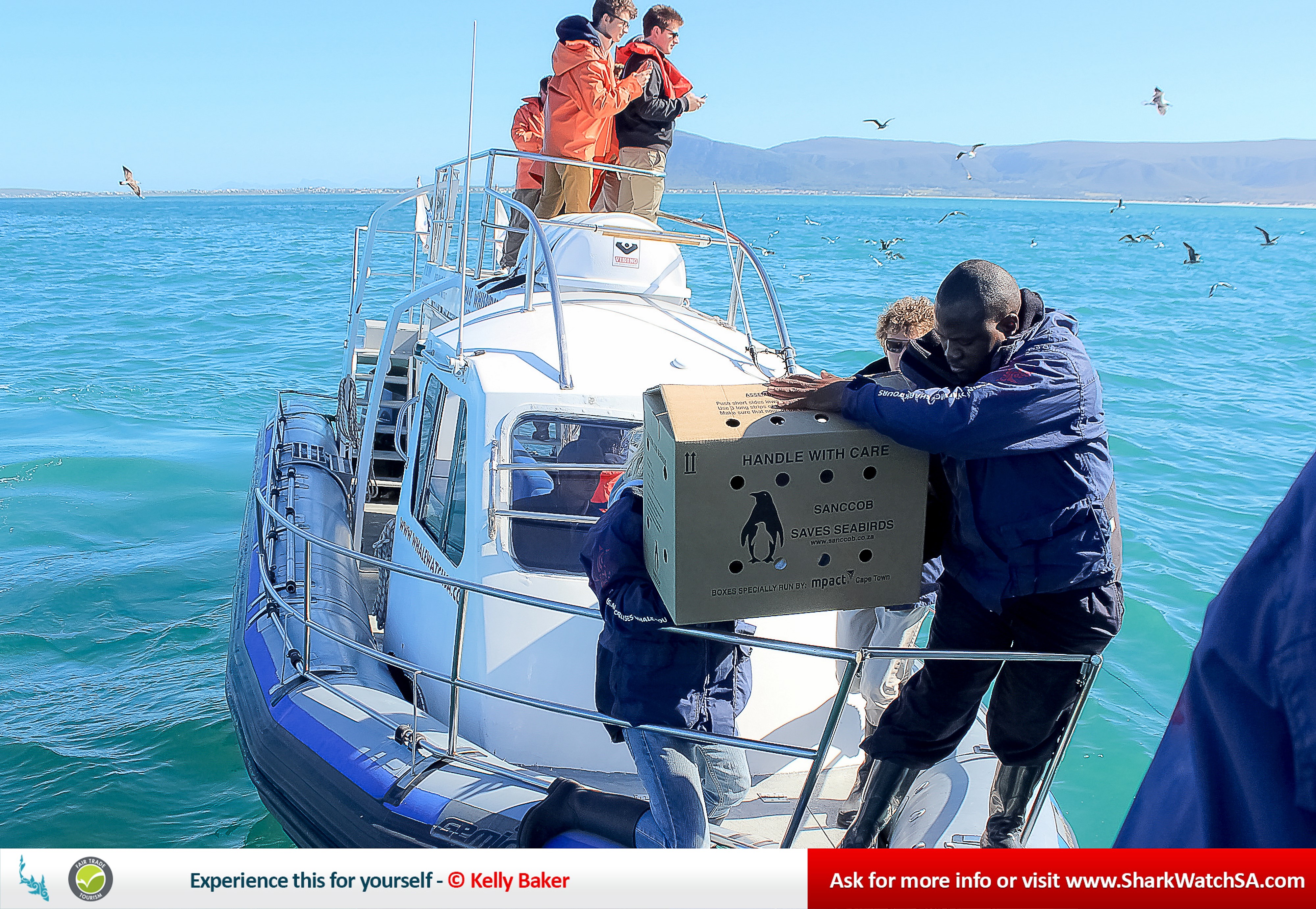
Dyer Island Conservation Trust was established by conservationist Wilfred Chivell in 2006, to protect the marine ecosystem around the southernmost tip of Africa.
Dyer Island and the surrounding ocean is a critically important ecosystem, and home to the Marine Big 5 (sharks, whales, dolphins, seals, and the endangered African penguin).
Known as an Important Bird Area, and managed by CapeNature, Dyer Island is home to breeding colonies of the endangered African penguin and other seabirds. About 60,000 Cape fur seals reside on Geyser Rock opposite the island, and they attract the great white sharks that frequent the area.
Nearby, the sheltered areas of Walker Bay serve as a breeding ground for southern right whales that migrate there from the sub-Antarctic islands between June and December each year. The area is also visited by humpback, Bryde’s whales and various dolphin species.
Known as the Dyer Island ecosystem, this marine environment has been the focus of the Dyer Island Conservation Trust’s purpose since it began.
In partnership with Marine Dynamics Tours, the trust conducts essential research, conservation, and education programmes. Marine Dynamics, a Fair-Trade Tourism-certified company, employs marine biologists whose research is supported by the Dyer Island Conservation Trust.
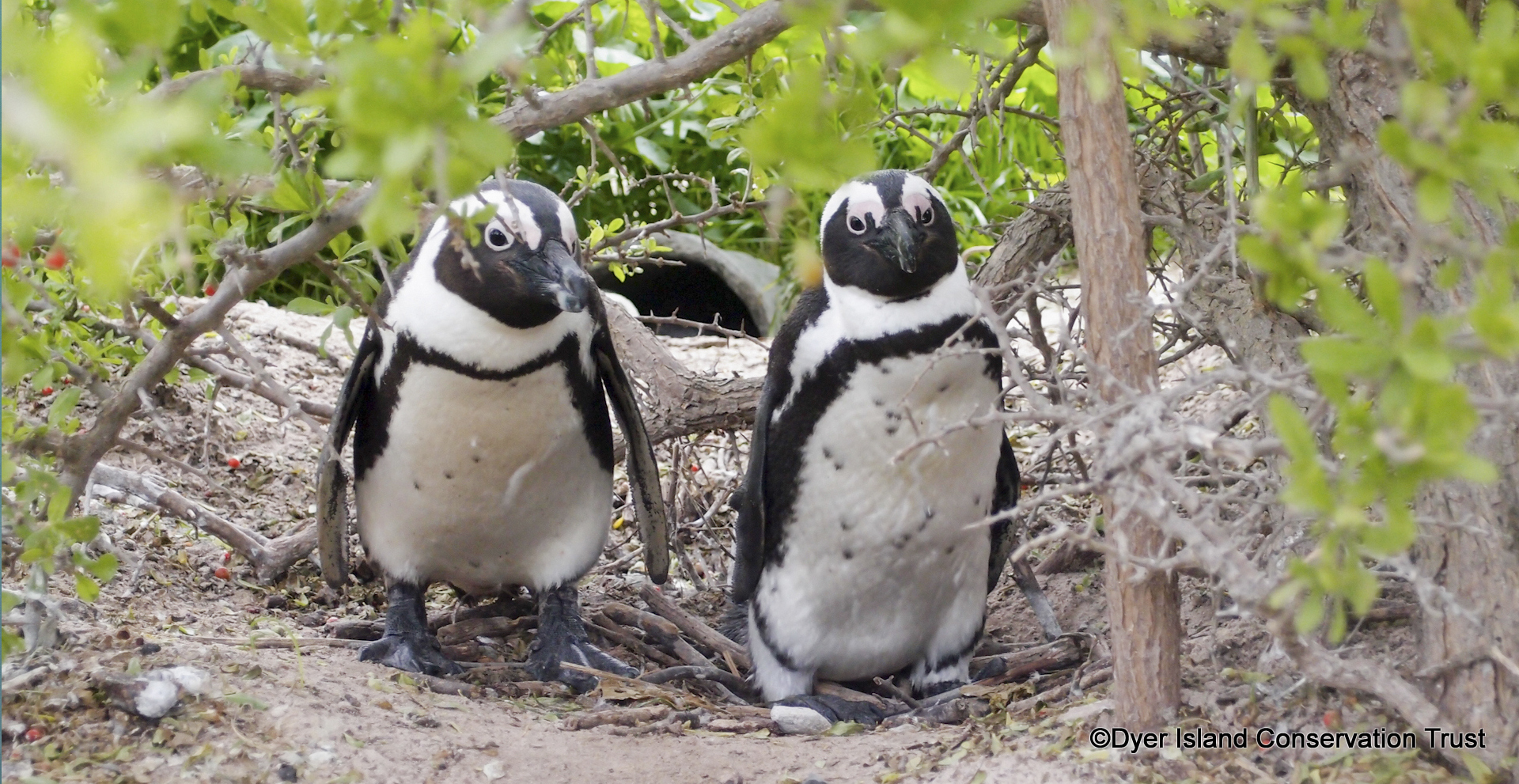
Dyer Island Conservation Trust is proud to be affiliated with the African Penguin & Seabird Sanctuary, a world-class marine bird rehabilitation centre in Kleinbaai.
The sanctuary offers a haven for abandoned, injured, diseased, and oiled marine birds, with a primary focus being the endangered African penguin.
By welcoming tourists and school groups, the sanctuary plays a vital role in educating visitors about the plight of the African penguin and other vulnerable seabirds.
Discover more about the African Penguin & Seabird Sanctuary here.
The African Penguin Nest Project, a Dyer Island Conservation Trust initiative, has been providing penguins with specially built nests to help them survive their fledgling stage, since 2006.
South Africa’s endemic penguin species used to burrow into their mass deposits of guano, but sadly, these deposits have been stripped by humans and used for agricultural fertiliser. A new model home in consultation with scientists and penguin colony managers has been developed and continues to be rolled out in African penguin colonies.
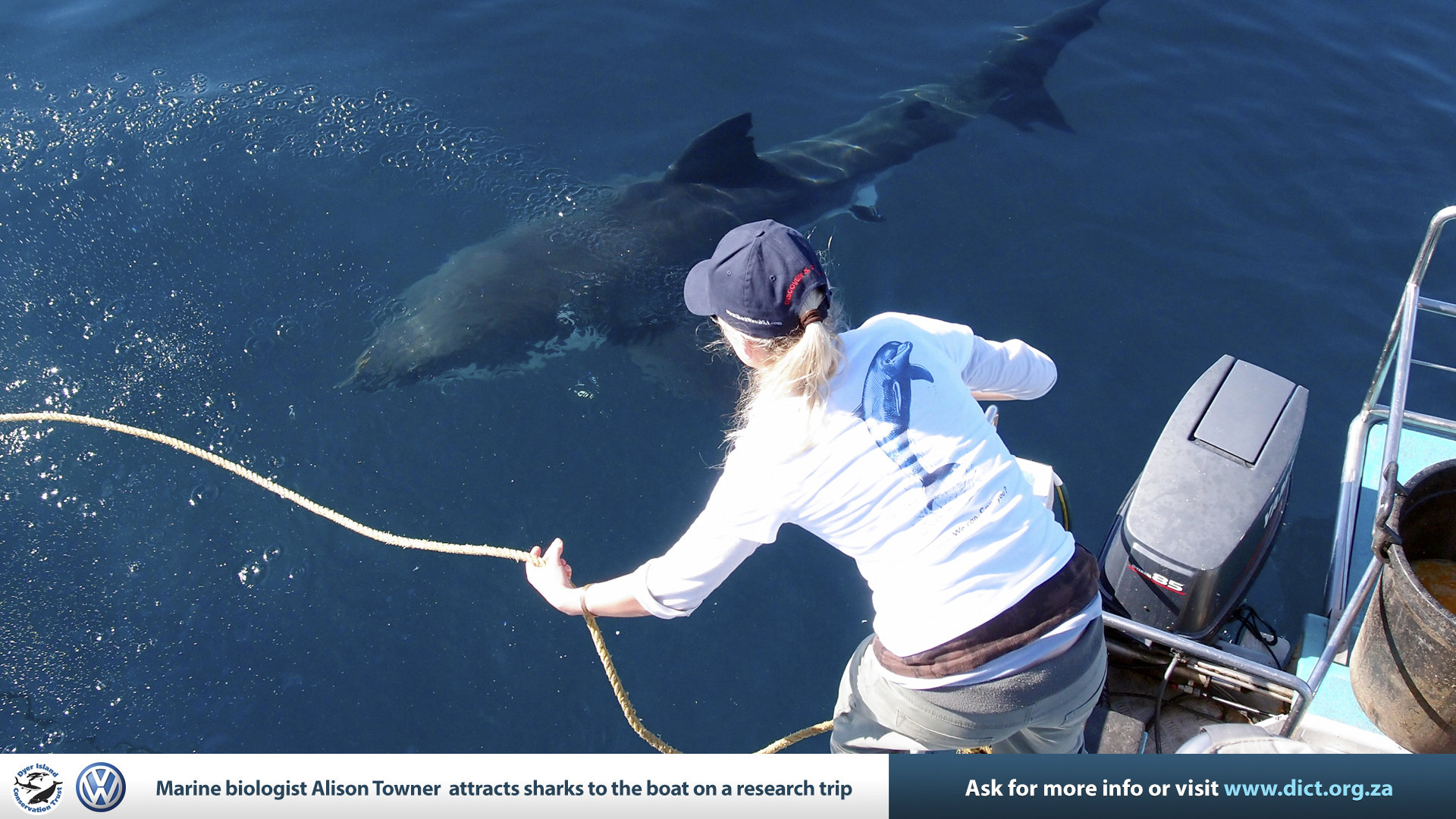
The seas around Dyer Island have one of the densest populations of great white sharks in the world. This has created the perfect opportunity for Dyer Island Conservation Trust’s marine biologists to conduct invaluable research from their dedicated research vessel, Lwazi. Lwazi is a Xhosa word that translates into English as “seeking knowledge”.
With sightings all year round, research activities include:
Besides regular beach clean-ups, Dyer Island Conservation Trust has two key projects that address critical problems in the marine environment:
The trust has strategically installed bins for fishermen and beach walkers to reduce the severe environmental damage caused by discarded fishing lines along the coastline.
The trust has implemented storm drain catchment nets to minimise waste from reaching the ocean. This project is a collaborative effort with the Overstrand Municipality and Marine Dynamics.
Dyer Island Conservation Trust’s Environmental Education Programme, known as DEEP, engages dedicated groups of young learners in a journey of growth and discovery.
Over three years, the programme carefully monitors and evaluates each learner’s development, aiming to inspire a passion for science and conservation while laying the groundwork for future skills training. Beyond this, the team’s marine conservation efforts extend their reach to thousands more, spreading vital awareness and knowledge.
Teams at Dyer Island Conservation Trust and Marine Dynamics are the first responders for marine animal rescues in the Overstrand area, working as part of the Stranding Network.
For any marine animal strandings, the African Penguin & Seabird Sanctuary Rescue Line should be notified, and they will relay the information to the network.
Important: Please include the location of the stranding and, if possible, an image.
Dyer Island Conservation Trust invites you to donate to its cause and support ongoing conservation efforts.
Causes